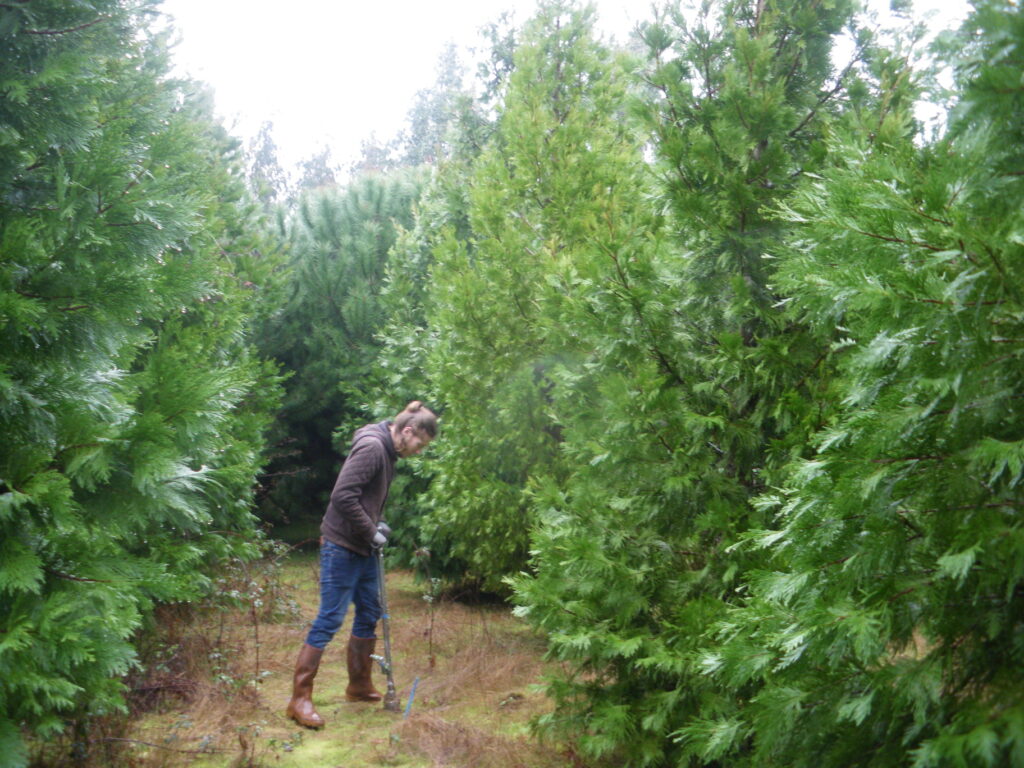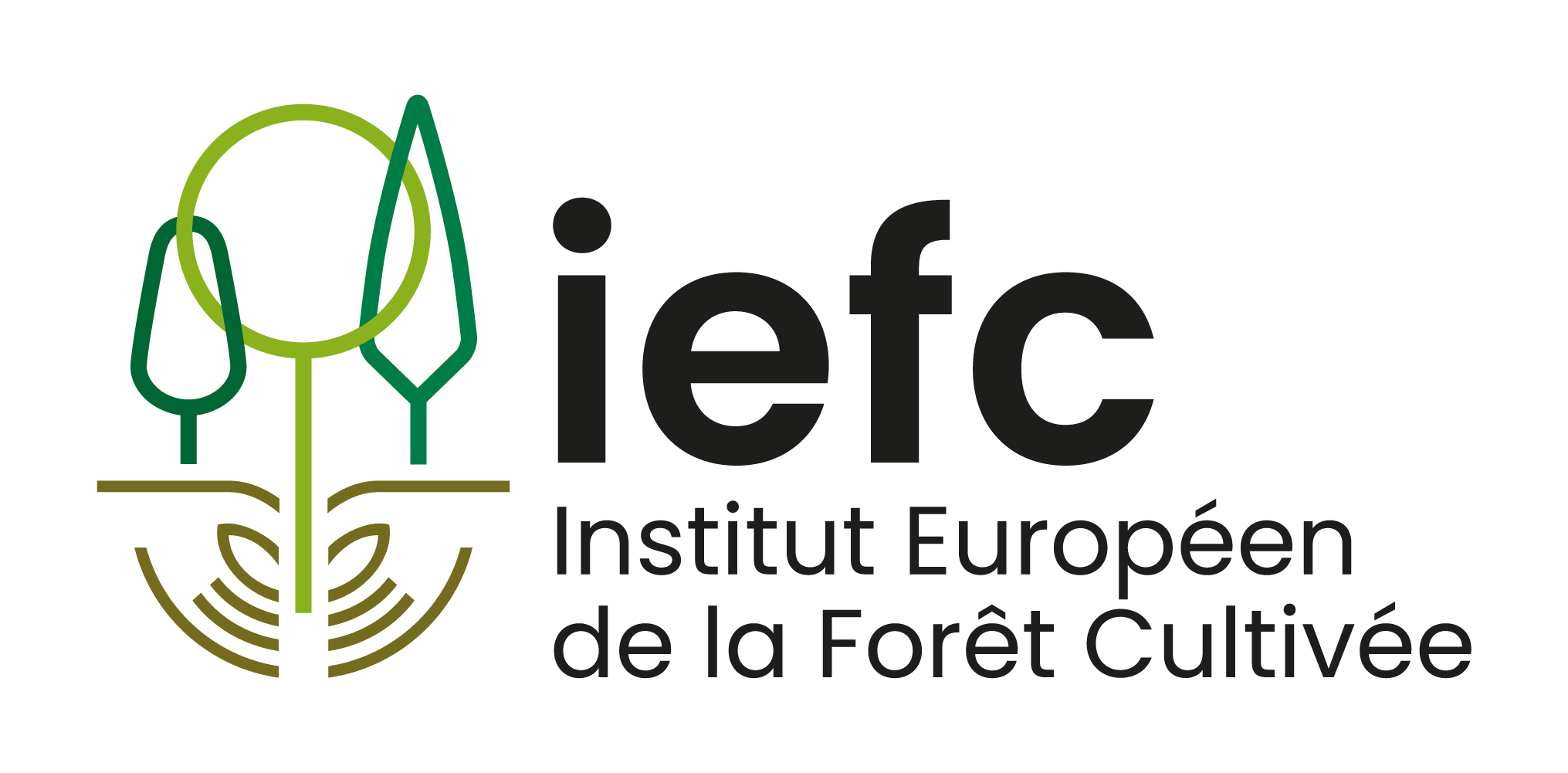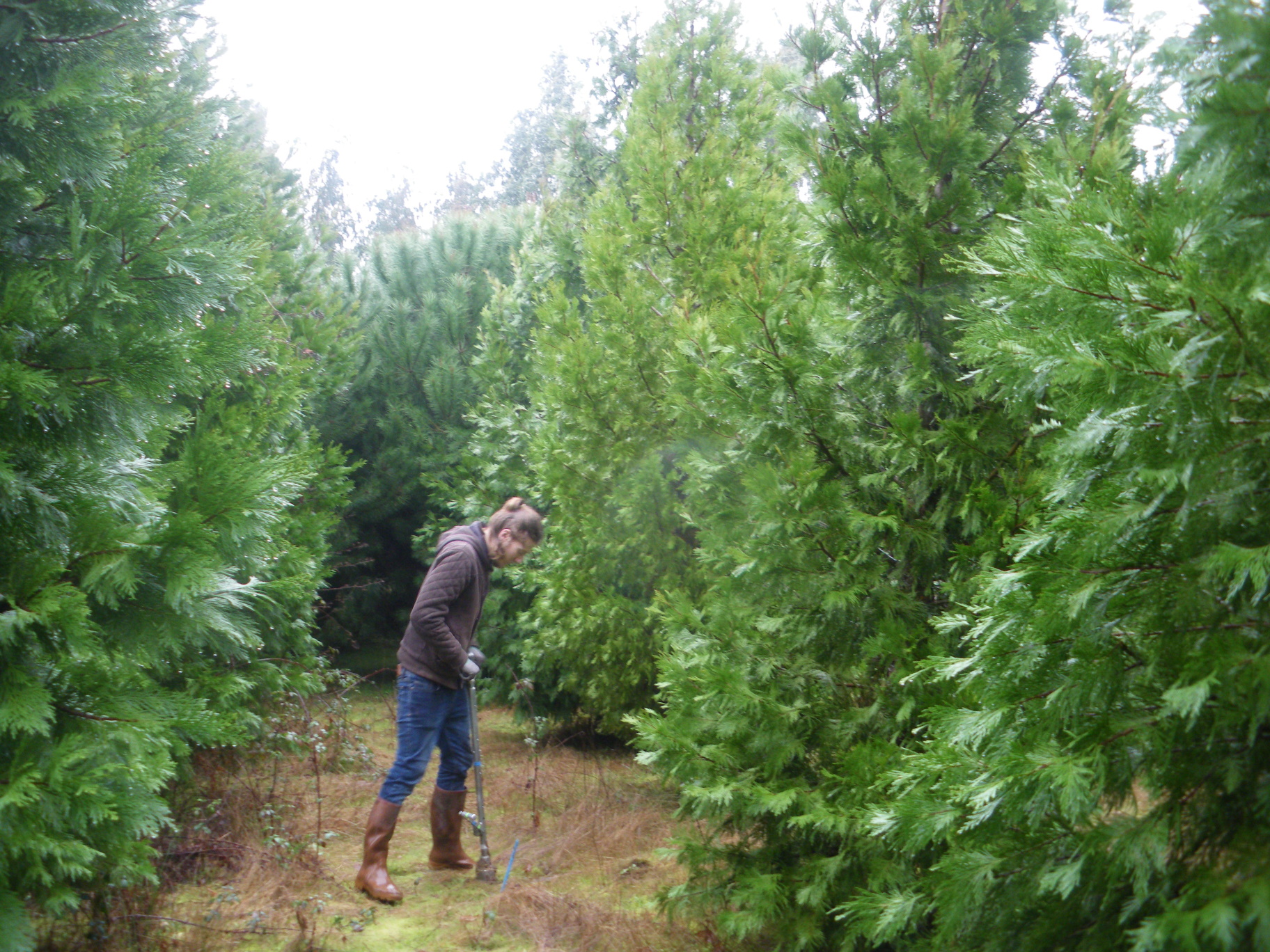
Rémi BORELLE (student at INRAE, Bordeaux, France) sampling the soil in a Calocedrus decurrens plot at the AR-13 (Sarlande) common garden of the REINFFORCE network.
CARTON (“optimisation of carbon traits”) is a collaborative project coordinated by INRAE (ANR project, 2020-2025). This project aims to identify European tree species that offer optimal soil carbon sequestration capacity, rapid tree growth and adaptation to climate change.
Within the project, a work package is specifically dedicated to the study of the relationships that link the properties of the species (called functional traits) involved in the regulation of tree growth to the environmental conditions in which they grow. Indeed, while the identity of the functional traits that control growth is relatively well known (e.g. specific leaf area or xylemic wood density), how their importance varies with climate and soil fertility is not well understood.
In order to elucidate this question, data from several networks of experimental sites in Europe and North America are used. In particular, a Master course is based on the REINFFORCE experimental network.
During the internship, a first step will be to visit several arboretums (AR13 and, to a lesser extent, AR14 and AR16) to collect samples of the trees (foliage, branches, roots) from 23 species(*). These samples will be used to characterise the functional traits of the species, and to study the plasticity of these traits to adapt to different site conditions.
In a second step, the growth data of the whole experimental network will be crossed with the properties of each arboretum (climate, soil). It will then be a question of modelling the effective growth of trees according to their traits, in interaction with local conditions.
The results obtained will be compared with those from other experimental networks and share with REINFFORCE partners and IEFC members before writing couple of scientific articles that will associate all contributors.
By: Laurent Augusto (INRAE)
___
(*): Acer pseudoplatanus, Betula pendula, Calocedrus decurrens, Castanea sativa, Cedrus atlantica, Cupressus sempervirens, Eucalyptus nitens, Fagus orientalis, Fagus sylvatica, Larix decidua, Liquidambar styraciflua, Pinus nigra, Pinus pinaster, Pinus sylvestris, Pinus taeda, Pseudotsuga menziesii, Quercus ilex, Quercus petraea, Quercus robur, Quercus rubra, Robinia pseudoacacia, Sequoia sempervirens, Thuja plicata

